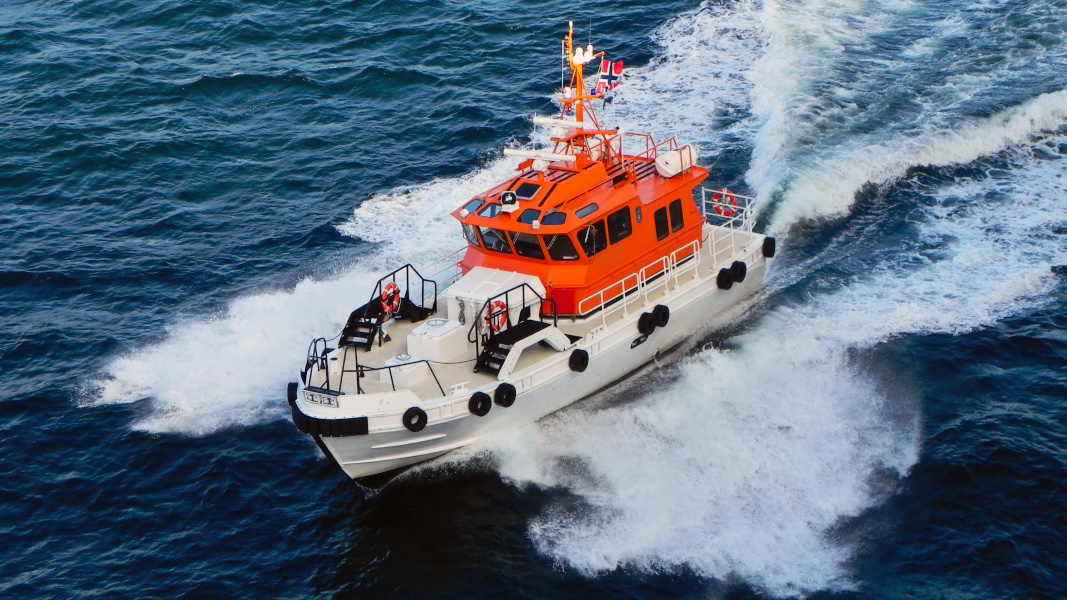
Coast Guard: a global maritime safety story
From British Origins to Global Modernization
From British Waterguard to the modern organization
The history of the Coast Guard begins in the United Kingdom in 1809 with the creation of the Waterguard, a department of the British customs authority originally dedicated to preventing smuggling. This initiative was in response to the need to combat the smuggling of luxury goods such as spirits and tobacco, which was widespread due to high taxes imposed by the United Kingdom. The Coast Guard, in addition to its role in combating smuggling, was responsible for sea rescue and the protection of property from shipwrecks and other maritime disasters.
Development and Evolution in the United States
In the United States, the Coast Guard was established in 1915 through the merger of two federal agencies: the Revenue Cutter Service, established in 1790 for the enforcement of maritime customs laws, and the Life-Saving Service, formed in 1848 for the management of sea rescues. Over the years, the U.S. Coast Guard has absorbed other services, such as the Lighthouse Service in 1939, significantly expanding its scope of operations.
Varied Functions and Roles Internationally
The coast guard, in general, is a maritime security organization that can have different functions and responsibilities depending on the country. These roles can range from search and rescue to the enforcement of maritime laws, ship safety, the maintenance of lighthouses and buoys, and border control. In times of war, some coast guards may assume tasks such as naval reserve duties, port defense, coastal security, and patrols.
Modernization and International Cooperation
Coast Guards around the world have undergone a process of modernization, adopting cutting-edge naval and aerial assets to carry out their duties. International cooperation has become a crucial aspect, as evidenced by numerous joint operations and coordination efforts among various coast guard organizations on a global scale.
Sources


